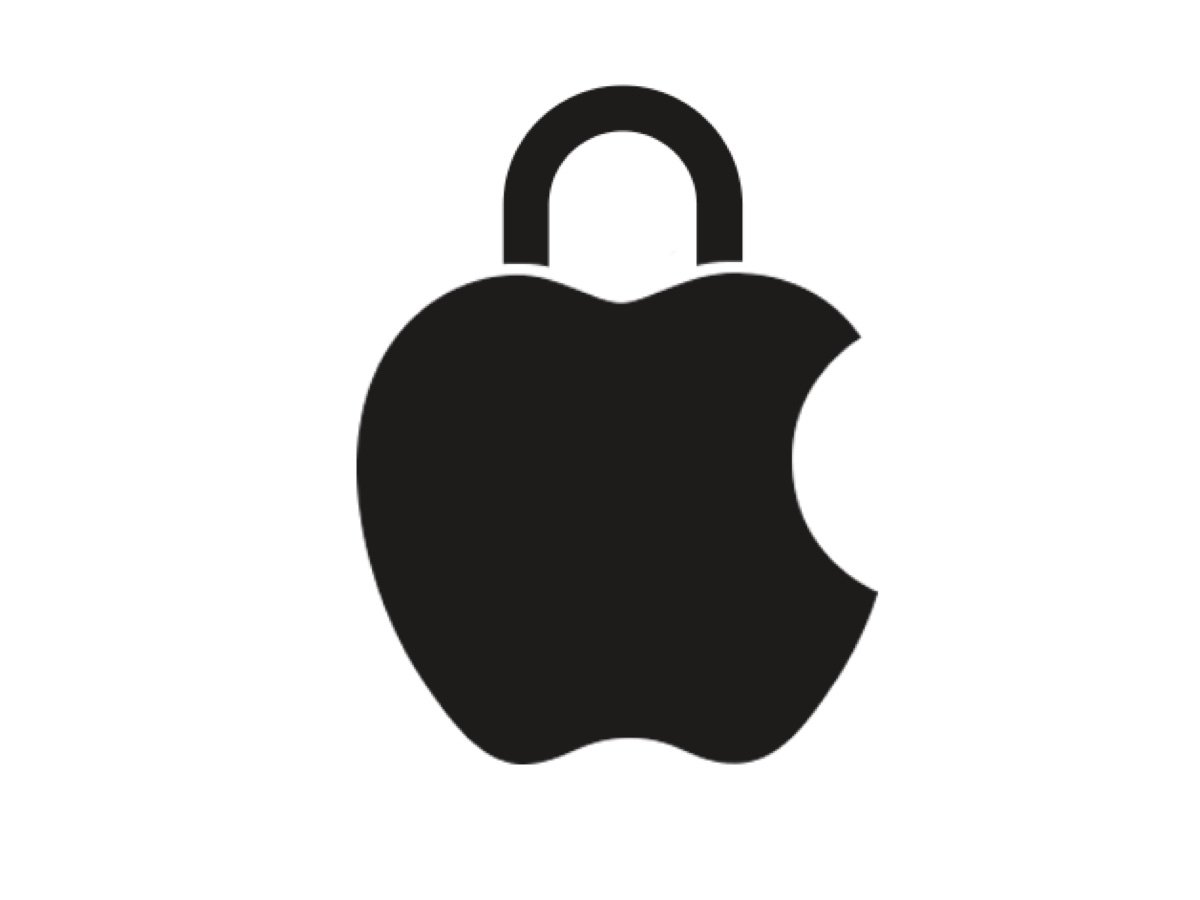Apple has recently unveiled a significant security update for its iPhone users, aiming to provide an additional layer of protection against thieves. This update, part of iOS 17.3, introduces a new feature known as “Stolen Device Protection,” enhancing the security of personal data on iPhones.
Key Highlights:
- iOS 17.3 introduces “Stolen Device Protection,” disabled by default.
- This feature requires Face ID or Touch ID for sensitive actions.
- Additional steps are added to access information and make major changes.
- Users face an hour-long security delay for critical actions.
- The feature aims to prevent thieves from accessing or altering key settings.

Understanding Stolen Device Protection
Stolen Device Protection is designed to combat the increasing threat of thieves accessing sensitive data on stolen iPhones. Typically, thieves could unlock a phone and change settings using the device’s passcode. This new feature adds a layer of security by requiring biometric data (Face ID or Touch ID) for accessing stored passwords, credit card details, and making critical changes like altering the Apple ID password or disabling the Find My iPhone feature.
In addition, there’s an imposed security delay of at least an hour before making these critical changes, giving users the chance to remotely wipe their device if stolen. However, this delay is waived in familiar locations like home or work.
Broader Security Updates
Apart from the Stolen Device Protection, Apple’s recent updates across various products, including macOS, Safari, watchOS, and tvOS, have been significant in countering potential vulnerabilities that cyber threat actors could exploit.
Implications for Users
This update is a response to evolving threats and Apple’s commitment to user data security. It’s especially relevant in scenarios where a thief could observe a user’s passcode and then steal the device. By requiring biometric authentication, Apple significantly reduces the risk of unauthorized access to sensitive data.
The Broader Context of Apple’s Security Philosophy
This update is more than just an isolated feature; it represents Apple’s broader commitment to security and privacy, which has been a cornerstone of its brand identity. The company continually updates its operating systems across devices to address new threats and vulnerabilities, as evidenced by the simultaneous release of security updates for iOS, iPadOS, macOS, Safari, watchOS, and tvOS.
User Response and Adoption
While the feature is currently available to beta testers, its impending release to all iPhone users is highly anticipated. The choice to enable it lies with the users, who can activate the feature in their device settings. This flexibility allows users to weigh their need for heightened security against the convenience of quicker access to their device’s features.
Availability
While currently available to beta testers, this feature will soon be accessible to all iPhone users as part of the upcoming software update.
Apple’s latest security update in iOS 17.3, featuring Stolen Device Protection, is a crucial step in safeguarding users against the rising threat of data theft. By requiring biometric authentication and imposing a security delay, this feature enhances the protection of personal data on iPhones, striking a balance between security and convenience.





























